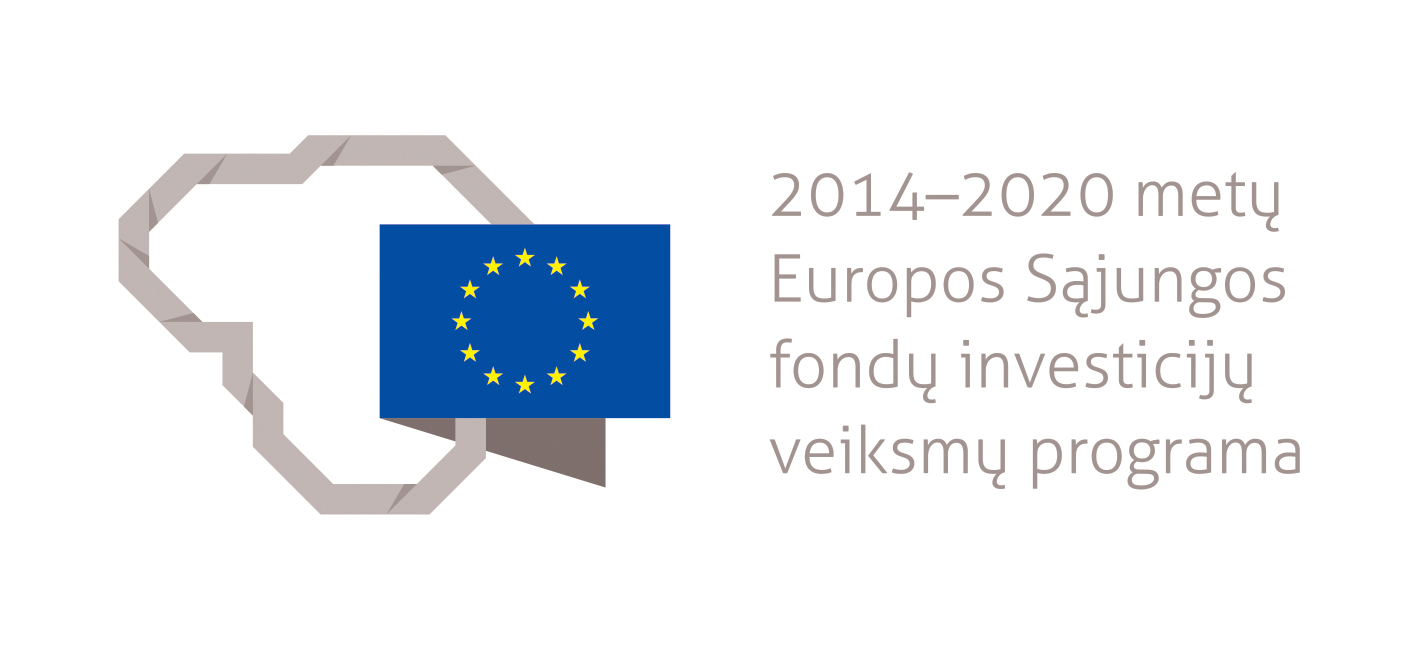R. Želvys, R. Dukynaitė, J. Vaitekaitis, A. Jakaitienė
Management: Journal of Contemporary Management Issues. Croatia: 2019, vol. 24, no. Special Issue p. 17-36
DOI: 10.30924/mjcmi.24.si.2
Abstract. This paper examines the links between student learning and school leadership focusing on Lithuania in comparative perspective. Different aspects of school leadership areas are being outlined, but after a more thorough analysis of the educational effectiveness perspective, it seems that the direct link between principal and student achievement is not that clear. In order to explain this, we further analysed the role which school autonomy plays in effective leadership and found that different countries chose different levels of power distribution. After revealing diversity in meta-analyses and reviews about the existing effect sizes of school decentralization we looked into different tasks on which school heads spend their time, and noticed that instructional leadership is most effective in adding value to student achievement. What exactly counts as instructional leadership is debated and may change depending on context. The presumption that leadership and school effectiveness are related, could be valid only if school accountability and autonomy particularities are taken into account, therefore the reforms in selection, recruitment and training of school heads could be expected to drive effectiveness of education systems only as far as the right balance of the three (accountability, autonomy, leadership) are found.
Students’ Performance and Teaching Practices in Science Across EU Countries: Evidence from PISA 2015
S. Raižienė, D. Stumbrienė, L. Ringienė, R. Dukynaitė, A. Jakaitienė
The European Proceedings of Social & Behavioural Sciences (EpSBS), ICEEPSY 2018. UK: 2019, vol. LIII, p. 241-254
Abstract. Teaching practices are the most significant factors in explaining students’ academic outcomes (Caro et.al 2016). They vary across education systems and their effectiveness depends on the composition of other factors (Kyriakides, 2008). This study investigates the effects of students’ perceived teaching practices during science lessons (enquiry-based science teaching practices, adaption of instruction, teacher support, and perceived feedback) on student science performance whilst considering socioeconomic characteristics. Also, we compare these associations across various EU learning contexts. Data from 24 EU education systems that participated in PISA 2015 were used. Our results suggest that the prevalence of analyzed teaching practices is different across EU countries. The results of multiple linear regression show that the models explained from 14% to 25% variance of student science performance across EU countries. The adaption of instruction is positively related and perceived feedback is negatively related to science performance. These patterns of associations are similar across all observed EU countries. The association of enquiry-based teaching with performance is negative in the majority of EU countries. Teacher support does not work in the same manner as we obtain both positive and negative effects across EU countries. Our results confirm the difference of effectiveness of teaching practices across EU learning contexts.
A. Jakaitienė, A. Žilinskas, D. Stumbrienė
Informatics in education. Vilnius : 2018, vol. 17, no 2, p. 245-263
Abstract. Many countries have focused on the improvement of education system performance. Small number of studies consider system of a country as unit of assessment where indicators represent all levels of education system. In the paper, we propose the methodology for the performance analysis of education systems as a whole hybridizing Data Envelopment Analysis and Principal Component Analysis. Its applicability is illustrated by the analysis of the data collected for 29 European countries. In the analysis we used publicly available data from EUROSTAT and OECD which European Commission uses for the performance monitoring of education in European Union. No prior assumptions were made or expert judgements included. We demonstrated good performance of the method on limited data set. The proposed methodology of hybrid Data Envelopment Analysis and Principal Component Analysis allows researchers analyse education systems quantitatively. The recommendations for improvements and assessment of real world education systems should be based on the analysis of a sufficiently large data set comprehensively representing the considered education systems.
Puslapis 3 iš 3




